RESIST RESEARCH GROUP
Teaching
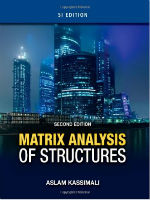 |
CIVE4320 & 5320: Computer-Aided Analysis of Structures |
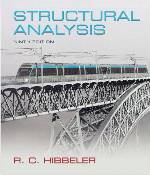 |
CIVE3310: Structural Analysis |
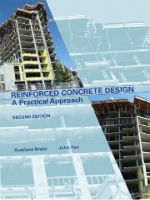 |
CIVL410: Structural Concrete Design |
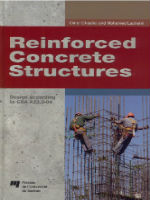 |
CIVL407: Structures III |
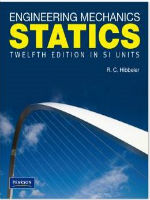 |
CIV100F & CIVE1150 Mechanics |
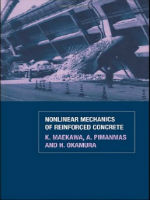 |
CIVE6490 & 8490: Nonlinear Modeling of Reinforced Concrete |
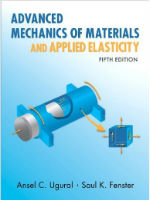 |
CIV8300: Solid Mechanics |
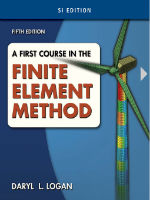 |
CIV8301: Application of Finite Element Method |
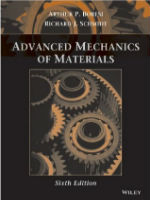 |
CIV510S: Solid Mechanics II |


